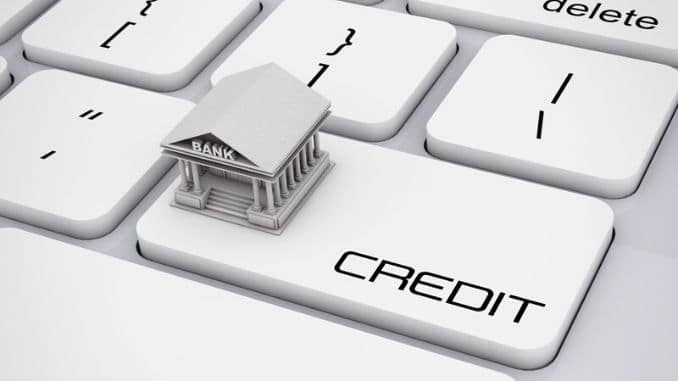A credit score sometimes is call your FICO score. Essentially, it determines your creditworthiness, as it measures your likelihood of paying back a loan and your likelihood of paying it back on time.
This score can influence whether a lender will lend you any money at all, and the interest rate they’re going to offer you.
Who monitors credit?
This varies depending on where you are located. Every country will have a credit reporting agency. In Canada, they have Equifax and Transunion. In the United States, they have Equifax, Transunion, and Experian. Your credit report holds a lot of your financial history. It would indicate whether an account is open or closed.
It’s also going to talk about the types of credit that you hold and have previously held, the amount that you had access to, share your current balance.
In terms of your repayment, it will report whether you have any delinquencies (30 days, 90 days, etc). If you’re delinquent, it will report if you’re frequently delinquent and the average time for repayment.
Why do we need to check our credit report?
- This is one way to avoid being a victim of identity theft.
- In pulling your credit report, you can determine if everything listed truly belongs to you. Check if there are any errors, misinformation, or reports of delinquency that is untrue.
- You can see your score and possible ways to improve your score if it isn’t as high as it should be. You really want to maximize that score in order to get really good access to credit and a good interest rate when needed.
5 Ways To Rebuild Your Credit
1.) Pay your bills on time
Sometimes bills are paid late simply because they've been forgotten. If you can automate your finances, get your bills rolling through your bank.
Your phone bill, for example, can be set up for automatic payment through your credit card or through your bank account instead. This way, your bills will never be paid late.
Be sure to review your credit card or bank statements regularly to be sure that you are in the loop regarding payment amounts being made from your bank account.
Google Calendar makes it really easy to set recurring bill payments with reminders, which is one of the effective strategies for rebuilding credit.
2.) Check your credit report
Pulling your credit report every six months or once a year is really important. Determine if the information is correct, be aware of your current rating, and look for ways to improve your credit score.
3.) Avoid running around and closing credit accounts
Once you review your report, you might see various accounts that say “Open”. Do not hurry to close these with the intention of improving your credit report.
This will actually damage your credit scoring. Lenders like to see a long history of accounts, so don’t close a bunch of accounts. There are certainly reasons to close an account but do so cautiously and slowly.
After that, keep those accounts that have lots of your history, as this information is usually favorable to your credit scores, and consider strategies for rebuilding credit.
4.) Keep your borrowing low
Basically, if you have a $10,000 limit, avoid maxing it out. Lenders and credit agencies prefer seeing a low balance, known as your credit utilization rate, which compares your available credit to your used credit. The optimal level should only be around 30% or less.
If you have a $10,000 maximum on your credit card, it’s best to keep your balance at $3,000 or less. This is also a way to keep debt lower.
5.) Avoid applying for lots of credits in a short amount of time
Kelley Olinger is a Coach/Consultant and Founder of Reconcile Your Wallet (www.reconcileyourwallet.com), helping high-achievers align their personal finances with their goals.
She has over a decade of experience in Residential Real Estate, specializing in pre-construction development in Victoria, BC, and recently completed her MBA.
In this article, she discusses the importance of credit, why it matters, and strategies for rebuilding damaged credit.
Unlock your brain's full potential with our 14 Day Brain Health Quick Start Program! Boost your memory, increase mental energy, and reduce stress with expert tips and techniques. Start your journey to a sharper, healthier mind today!





